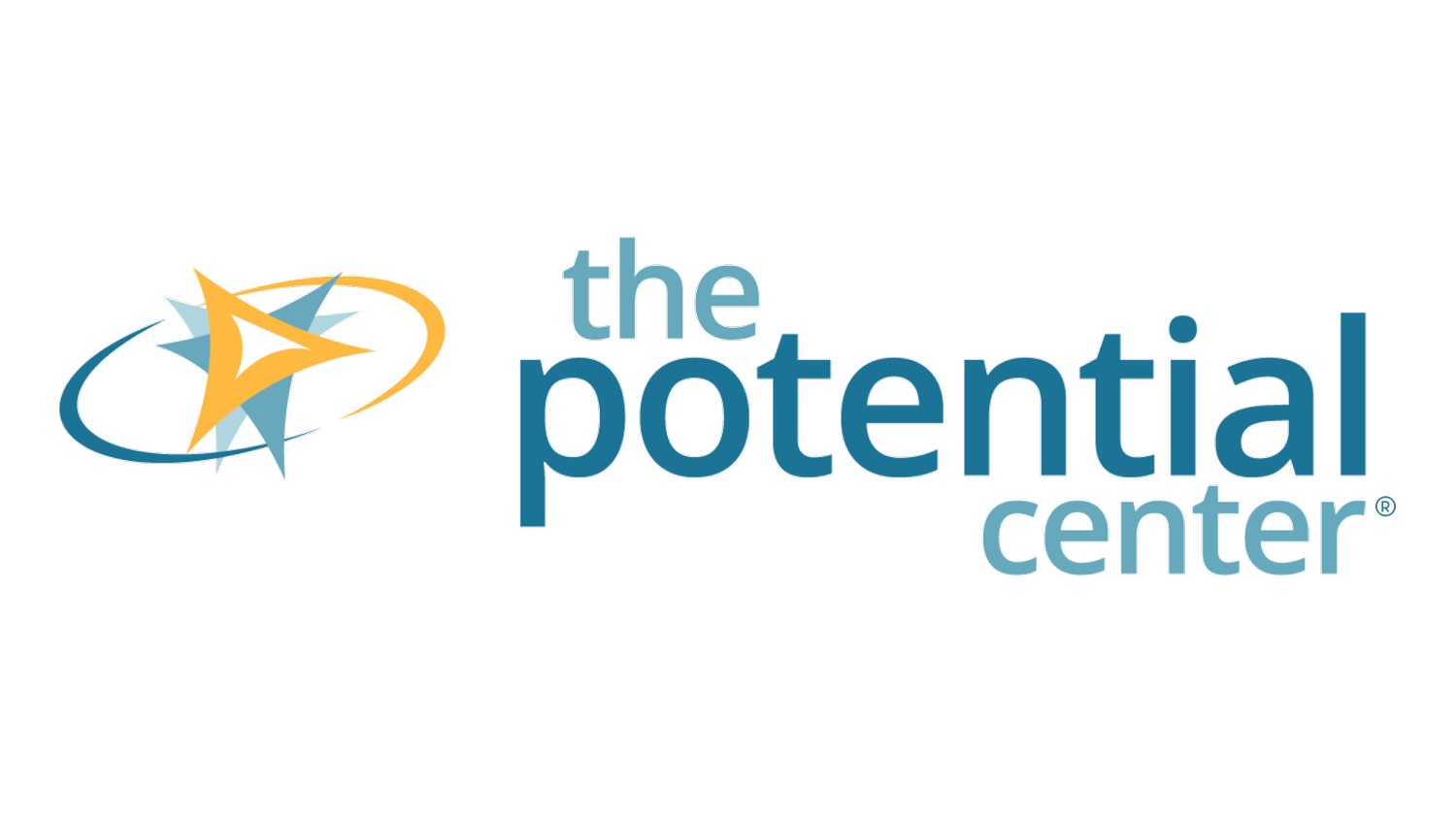Looking to Enhance Multigenerational Collaboration?
Are all five generations represented in your workplace?
Being able to guide teams in communicating effectively, and working collaboratively, across generations is now a required skill for managers. The key to success involves understanding, respecting, and catering for diverse experiences, values, and communication styles. Here are some tips to bridge the generational gap.
First, a quick refresher on the different generations. For the first time in history, you could represent one of five! generations in the workplace, since Traditionalists and Boomers are working more into their later years.
Gen Z (1997-present) tend to value authenticity, real-time interactions, diversity, and instant feedback.
Millennials (1981-1996) tend to value collaboration, purpose-driven work, digital communication, and quick feedback.
Gen X (1965-1980) tend to value independence, direct communication, and work-life
Baby Boomers (1946-1964) tend to value loyalty, hard work, and face-to-face communication.
Traditionalists (1925-1945) tend to value recognition, respect, and providing value to their organization.
Cater for different communication preferences
You can easily do this by using a mix of communication channels (emails, face-to-face, instant messaging, Slack, etc.). If the message is important, don’t leave it to chance… deliver the message in multiple formats.
Ensure your communication is clear, direct, and jargon-free (some jargon might be unfamiliar to certain age groups). Everyone appreciates feedback, however be aware that different generations may prefer different types of feedback… for example, Millennials and Gen Z tend to appreciate regular, informal feedback, while some Boomers may prefer performance reviews. To make sure you’re on the right track, it helps to regularly ask for feedback from team members about communication practices and how they can be improved.
Leverage diverse perspectives
Diversity is crucial when working to generate creative solutions, and this is a great opportunity to weave in the unique strengths of each generation. Older generations typically bring experience and resilience, while younger generations typically bring fresh ideas and technological proficiency. If you’re setting up a project team, using members from different generations not only contributes to diverse thinking, it also fosters collaboration and helps break down stereotypes. When brainstorming, ensure all team members are trained to use the collaboration and creative thinking tools that you’ll be introducing.
Diversity also applies to how people prefer to work so be open to flexible work arrangements and different working styles. You can take advantage of diverse working styles by creating opportunities for cross-generational mentoring and knowledge exchange; for example, pairing older employees with younger ones to share experiences and skills.
Actively practice inclusivity
Promoting inclusivity is a key part of creating a safe environment for staff, so they can share their ideas and opinions when brainstorming without fear of being judged. Promote a culture of respect and inclusion where all employees feel valued and heard, encourage professional and respectful dialogue and debate, and model active listening (ask me what this is if you haven’t come across the term before). Acknowledge and celebrate the different perspectives and contributions of each generation and illustrate how these differences contribute to the team’s success; and publicly acknowledging individual achievements will boost morale!
By understanding and appreciating generational differences, fostering a culture of respect and inclusion, and adapting communication and engagement methods to meet diverse preferences, you will enhance multigenerational, creative collaboration and productivity… and have more fun along the way!
Want to further grow your management skills?
As your intergenerational team starts to thrive, the next step is to confidently help them learn new methods for creative problem-solving. If you’re looking for more than a surface-level workshop on leadership skills, I invite you to check out our small group coaching program “Rockstar Managers” that kicks off in September. Feel free to contact me with any questions.
I coach emerging managers who want to excel at their work without losing their spark. I show them how to build and lead a creative team that consistently delivers new ideas and solves difficult problems while having fun, so they can have a work experience that’s rewarding and meaningful, and which gets them noticed.
If you’d like to see what tapping into creative potential could look like at your place of work, contact me at Ellia@ThePotentialCenter.com to arrange a no-obligation call.

